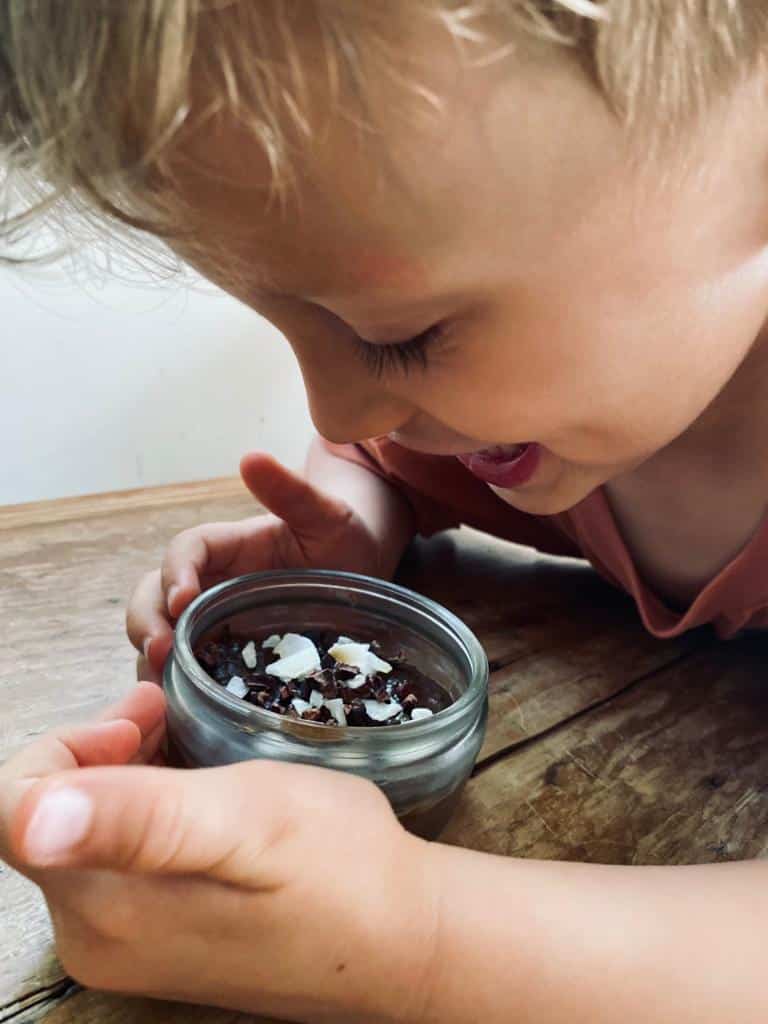10 TIPS FOR HANDLING FUSSY EATERS, from our friend Caroline, registered nutritionist and women’s health specialist
Written by Caroline Donoghue, registered nutritionist, women’s health specialist and founder of the Nutri Therapist (https://www.thenutritherapist.com/)
As mums, having peaceful meals with our children is a major part of our wellbeing. Having the additional stress of knowing if you child is eating
enough can be difficult for some. If you’re a nanny these tips are also for you to make your life easier!
So, if you have a picky eater in the house here are 10 tips you can start with:
- Involve your child in your food shopping and meal preparation. My 2-year-old loves to tell me the name of each item that comes from our weekly shop before putting them in the fridge.
- Announce what’s in their plate like a waiter would do in a restaurant! Don’t hide ingredients from them. Let them explore what’s on their plate.
- When you introduce something new, if they only smell it for the first time, that’s ok. Let them be familiar with it and try again another day without any fuss.
- Find children’s books for them to read about foods
- Serve vegetables with a dip they like (hummus for instance!)
- Never force your child to finish their plate – if you’re worried about wasting food keep the leftovers in the fridge even if it’s a tiny bit. I know our grandparents taught us to finish our plates but we are not bins! Just ask: have you had enough to eat and if yes remove their plate without any comments.
- Don’t talk about them being picky or fussy eaters. Don’t label them and don’t make it a ‘thing’ (even though it feels like a big deal for you)
- Don’t use food as a reward or a bribe to get what you want from them (even if it’s very tempting)
- If your child doesn’t want to eat your meal even though you know he/she likes it, don’t find an alternative or give them a snack. Just to tell them that’s the only option. They will not starve if they don’t eat one evening and they’re more likely to eat the day after!
- Last but not least: eat without mobile phones or TV around foods. Mindful eating is key for your children too. Lead by example. Eat together as a family and eat the same meal if possible.
I gave my son broccoli when he was 6 months old; he liked it and was happy to eat it often. Then about a year later he completely went off it: “Mama I hate broccoli”.
So I didn’t force him but it was still part of my diet. I was still putting a little bit on his plate for months and months.
And a year later, he liked it again!
The moral of the story is to never give up offering them healthy food! A new habit needs to be formed. Taste buds change and for young children, saying no to foods is also part of their development.
Of course, there will be foods that he won’t be a fan of in the future and that’s ok. We are all different.
“Caroline is a Registered Nutritionist. She is a member of BANT – the British Association of Nutrition and Lifestyle Medicine and the CNHC – Complementary & Natural Healthcare Council.
Caroline has an online clinic and specialises in women’s health and more specifically mothers with gut disorders and hormonal imbalances.”
www.thenutritherapist.com
IG: @thenutritherapist
FB: @theNutriCaroline




